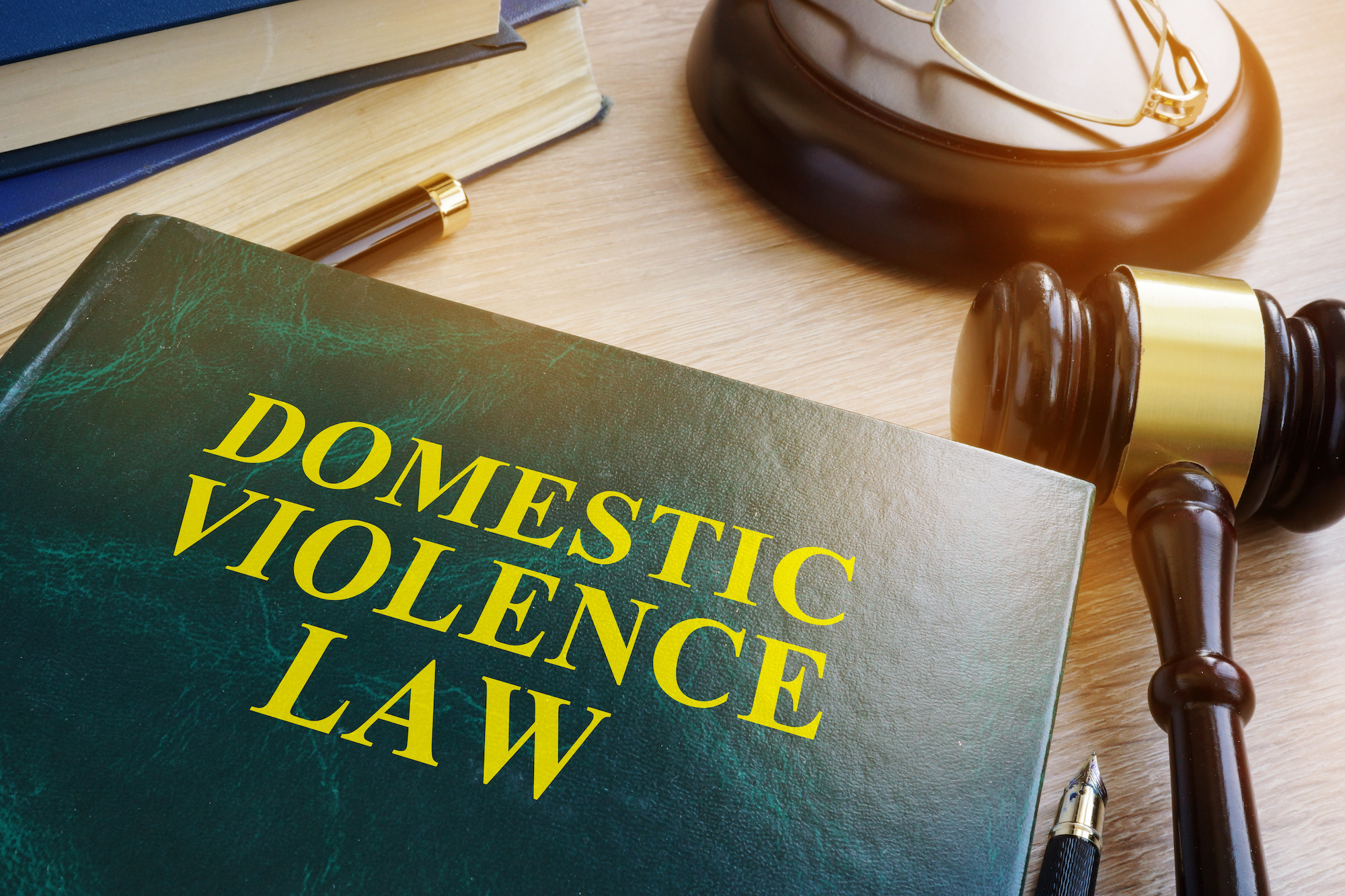If you are facing domestic violence charges for the first time in Washington State, understanding the process and what to expect can feel overwhelming. Knowing your rights will help ensure that you have a fair trial, and being prepared with legal counsel is essential. This blog post provides an overview of the legal system related to domestic violence in WA State so anyone charged with a crime can be as informed and protected as possible. From immediate steps after an arrest to expectations throughout court proceedings, this guide outlines all of your options so you can prepare for whatever comes next.
What is Domestic Violence?
Domestic violence is defined as any physical or emotional harm that is inflicted on an intimate partner or family member. Under WA state law, domestic violence includes acts such as assault, harassment, stalking, threats, or intimidation. It also includes behaviors such as the destruction of property or other criminal activity that puts the victim at risk of physical or emotional harm.
Penalties for a First-Time Charge
The penalties for a first-time charge of domestic violence depend on the severity of the offense and whether there were aggravating factors such as previous convictions or a weapon involved. Generally speaking, first-time offenders can expect to face jail time and/or fines as well as probation requirements. The court may also order community service hours, counseling sessions, or anger management classes.
Currently, if you’re facing a Gross Misdemeanor Domestic Violence (DV) charge, you could spend up to 364 days of jail time and receive a fine of up to $5,000.
*Note: The penalties for Felony DV charges are much more severe.
Depending on the circumstances of your case, you may be eligible for deferred prosecution, which allows you to enter into an agreement with prosecutors where you agree to fulfill certain obligations over a period of time in exchange for having your charges dismissed when all conditions have been met.
Protective Orders
In addition to criminal charges, victims of domestic violence may seek protection through civil court proceedings by filing for a restraining order or protective order against their abuser. This type of court order requires the abuser not to contact the victim directly or indirectly, and it prohibits them from going near their residence or workplace. A violation of these orders could result in additional criminal charges being filed against them.
Initial Arrest and Investigation
When someone is accused of committing a domestic violence crime, they will typically be arrested by police and taken into custody. During this time, an investigation will take place to determine whether or not enough evidence exists to charge them with a crime. This investigation can include interviews with witnesses, victims, and suspects; a collection of physical and digital evidence; and a review of any previous police reports related to the case.
Filing Charges
Once the investigation is complete, prosecutors will decide whether or not to file charges against the suspect. Depending on their decision, they may file a motion with the court seeking pre-trial release conditions such as no-contact orders or GPS monitoring. If there is enough evidence for charges to be filed, then prosecutors will submit all of their findings to a judge who will decide whether or not there is probable cause for arrest. At this point, if charges are authorized, then an arraignment hearing will be scheduled.
Arraignment Hearing
At an arraignment hearing, defendants are informed of the charges against them and have an opportunity to enter a plea of guilty or not guilty. The judge presiding over the hearing can also set bail at this time if they deem it necessary. It is important that defendants fully understand their rights before entering a plea so that they are aware of potential consequences if convicted.
Trial
If a defendant pleads not guilty at their arraignment hearing, then their case will proceed to trial, where both sides present evidence in court in order to prove guilt or innocence beyond a reasonable doubt. Trials can last anywhere from one day up to several weeks, depending on the complexity and number of witnesses called upon by both sides during proceedings. After all, evidence has been presented, jurors (or just a judge if it is a bench trial) must come up with a unanimous decision regarding the guilt or innocence of the defendant, which can lead to conviction or acquittal, depending on the outcome.
Conclusion:
Facing domestic violence charges can be an extremely stressful experience, but knowing what to expect ahead of time can help ease some of the stress associated with navigating through this difficult process. Understanding potential penalties for a first-time domestic violence charge in WA State, as well as obtaining legal representation from an experienced criminal defense attorney, are both key components for having a successful outcome when dealing with these types of cases. Keeping these tips in mind will help protect your rights throughout this process and hopefully lead you toward a favorable conclusion.
Your Local Domestic Violence Attorney In Vancouver, WA
For over 40 years, we have provided outstanding representation to clients throughout Southwest Washington. Mr. Thayer has tried and won virtually every kind of criminal case, including:
- Homicide & Assault
- Vehicular Assault & Vehicular Homicide
- Domestic Violence & Domestic Assault Cases
- Sexual Assault & Other Sex Crimes
- Child Pornography Charges
- Drug Crimes, Including Marijuana growth/Manufacture and drug cases
- DUI & DWI
The legal team at Steven Thayer’s law firm has extensive experience helping clients who have been falsely accused and overcharged by the state. We will thoroughly investigate the allegations against you and work tirelessly to build a strong defense. If you have been accused of a crime, contact our offices today to schedule a consultation.

